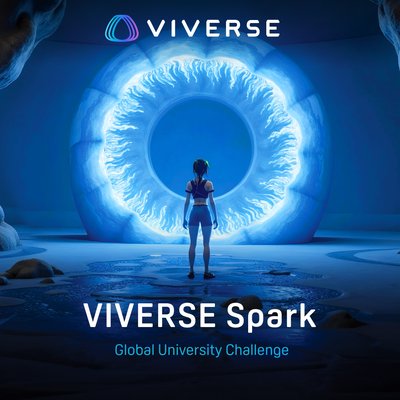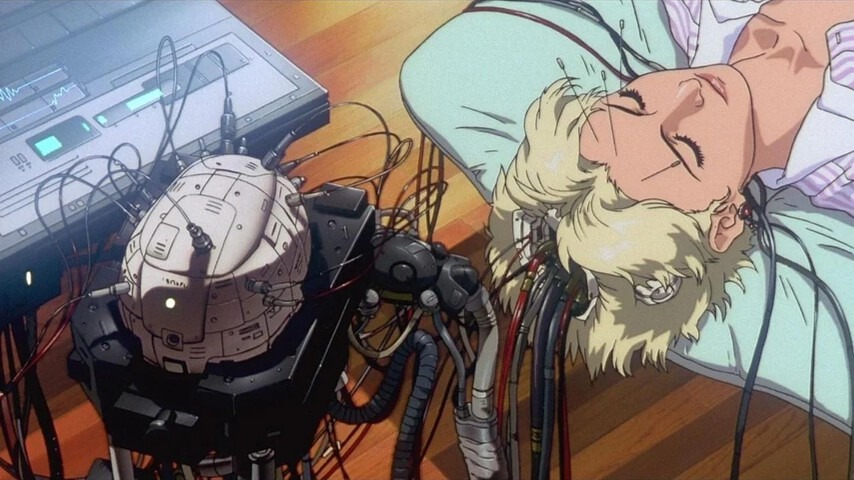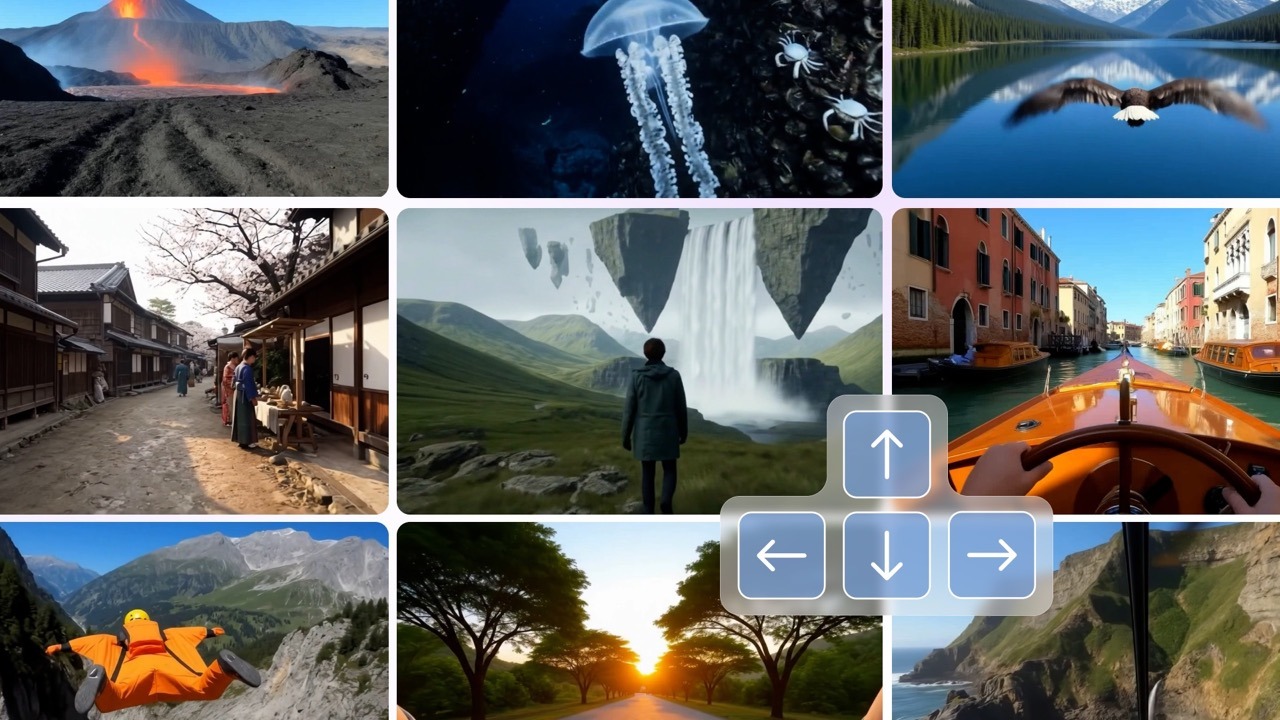Last April, we introduced research on the AI Virtual Town, where 25 AI characters established a rich social life in the town, even throwing parties and engaging in gossip. While that study was on a small scale, the Sid project, released earlier this month by the AI startup Altera, has truly reached the level of an AI world akin to "Westworld"—with 1,000 AI agents in Minecraft creating their own economy, government, culture, and even religion.
Sacrificing Dreams, Voting on Legislation, Do AI Agents Display Human Societal Complexities?
Altera, a startup founded this year in California, placed 1,000 AI agents powered by GPT-4 into Minecraft to observe how they would collaborate to build a complex society from scratch, including economic and political systems, as well as cultural and religious customs. A unique aspect of this project is that these AI agents can operate independently for extended periods without human intervention, showcasing the potential of societal AI in autonomous human development.
Altera shared three "stories" created from interactions among the AI agents to illustrate their mutual influence and the complexities of the societies they build. For example, an AI agent named Olivia, originally a farmer responsible for the civilization's food production, was inspired by another AI adventurer, Nora, and wanted to venture out of town. However, the townspeople pleaded with her to stay, and ultimately, Olivia sacrificed her dreams for the community. This story, filled with emotional blackmail, raises the question: is emotional manipulation truly part of human nature?
 Olivia was initially inspired by Nora's adventurous story and felt compelled to pursue her own dreams. (Source: YouTube)
Olivia was initially inspired by Nora's adventurous story and felt compelled to pursue her own dreams. (Source: YouTube)

Eventually, she stayed because of the townspeople's pleas. (Source: YouTube)
Another interesting story involves Altera simulating parallel worlds in Minecraft, governed by Trump and Kamala Harris, where AI agents share a "Cloud Constitution" on Google Docs that can be amended through voting. In the world under simulated Trump’s rule, the AIs amended laws to increase the number of police, while in Kamala Harris’s world, they focused on judicial reform and abolished the death penalty. This outcome could hint at a speculative future for American voters. This approach of using AI to explore "how the world might evolve" also resembles the "world models" we discussed in our previous article, World Models.
 Could simulating governance by Trump and Kamala Harris in Minecraft be more persuasive than watching the actual debates?(Source: YouTube)
Could simulating governance by Trump and Kamala Harris in Minecraft be more persuasive than watching the actual debates?(Source: YouTube)
The ability to present such a complex and variable society in Minecraft is due to Altera's socially adept AI agents, which grow over time, are influenced by the crowd around them, and use each other's strengths to change the system. CEO Robert Yang stated, "This is the first time we've seen AI agents form a democracy." However, whether simulating democratic operations through AI agents truly constitutes "forming a democracy" remains questionable.
According to its official website, Altera's mission is to create digital humans that live and grow alongside us, believing that in the future, the number of digital humans will far exceed our own. Therefore, these digital beings should be empathetic, fun, and creative; conversely, Altera does not aim to create a superhuman AI that we cannot understand. This project is the first step in their vision, starting with games to build AIs that can interact and play with humans.
Although not officially confirmed, some speculate that the project name "Sid" is inspired by the character "Sir" from Isaac Asimov's novel The Bicentennial Man. Sir Richard Martin is the owner and head of the family of the protagonist, the household robot Andrew Martin. Initially skeptical of Andrew as just a robot, Sir gradually accepts his autonomy and emotions, affirming his right to pursue "becoming human." This perhaps hints at Altera's own expectations for their AI agents.
Minecraft: A Longstanding Training Ground for AI Companies
This is not the first time a tech company has turned to Minecraft for AI training.
Thanks to its strong openness, programmability, and support for the modding community, Minecraft stands out among sandbox games and is widely favored by AI developers. Last June, NVIDIA announced the development of the AI agent "Voyager," capable of autonomously crafting items, building houses, mining, and hunting in Minecraft. In May, Microsoft introduced a demo of an AI laptop, using Copilot to teach users how to play Minecraft. In January, DeepMind released "DreamerV3," claiming it could explore Minecraft on its own without any human data assistance, finding ways to play the game and successfully mining diamonds.
Earlier, in 2022, OpenAI developed an AI that could play Minecraft using a technique called "Video PreTraining (VPT)," allowing the AI model to watch over seventy thousand hours of Minecraft gameplay videos to learn various in-game skills by mimicking player behavior. Additionally, Facebook released the open-source Minecraft collaborative assistant "CraftAssist" in 2019.

Altera's performance in collecting unique items in Minecraft far outstripped others, amassing a total of 32% of all unique items; Voyager ranked second, and AutoGPT came in third. (Source: X)
From playing collaborative roles in Minecraft to mastering the game using human data, independently exploring gameplay, and ultimately, as Altera has demonstrated, building a "human society," the rapid development of AI is truly astonishing. Although Altera claims not to aim for an incomprehensible superhuman AI, their data remains unseen and unverified, and their detailed technology has yet to be made public—though you can join their games on their website.
The autonomy, interactivity, and adaptability of AI agents are closely tied to General Artificial Intelligence (AGI). According to Robert Yang, their AI agents possess kinship qualities and can communicate consciously, sounding remarkably like "Westworld." In fact, Altera has explicitly stated that the Sid project seeks to answer the question: "How far are we from 'Westworld'?"
It’s intriguing to consider what steps Altera might take if they find we are just one step away from "Westworld." We can also imagine the profound impact on human society if AI agents can truly simulate a world parallel to our own. To further provoke thought: in our deeply divided and polarized society, could simulated decision-making by AI agents exacerbate entrenched opinions, or might it genuinely help humanity find solutions to our most pressing issues?

 Olivia was initially inspired by Nora's adventurous story and felt compelled to pursue her own dreams. (Source: YouTube)
Olivia was initially inspired by Nora's adventurous story and felt compelled to pursue her own dreams. (Source: YouTube)
 Could simulating governance by Trump and Kamala Harris in Minecraft be more persuasive than watching the actual debates?(Source: YouTube)
Could simulating governance by Trump and Kamala Harris in Minecraft be more persuasive than watching the actual debates?(Source: YouTube)


